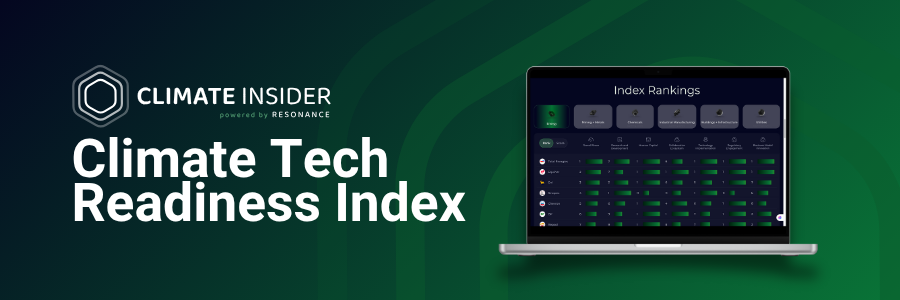2024 was a transformative year for climate tech and energy sectors, characterized by significant highs and lows. European cleantech saw momentum from substantial policy backing, while several high-profile bankruptcies highlighted the challenges of scaling. Against this backdrop, the climate tech ecosystem is evolving rapidly, shaped by geopolitical, financial, and technological trends. What does 2025 hold for these industries?
We spoke to investors, entrepreneurs, and thought leaders to gain insights into the trends and challenges that will define the year ahead.

A New Era for European Cleantech
Lena Thiede, Co-Founder/General Partner at Planet A Ventures
“Europe is poised for a significant policy-driven boost with the forthcoming New Clean Industrial Deal expected in February 2025,” says Thiede. This deal aims to enhance the region’s competitiveness by supporting startups and innovation through strategic investments and incentives.
The European Investment Bank is preparing a €500 million counter-guarantee instrument for cleantech, which could provide critical financial support for startups across the continent. Additionally, the political landscape is shifting toward a cross-party consensus for green investments, signaling a fertile environment for growth.
Thiede highlights the substantial financial firepower of climate tech investors, with $86 billion in unspent capital, enabling the sector to sustain its momentum. “We expect significant opportunities at the intersection of AI and climate, particularly in reducing emissions generated by AI technologies and leveraging AI to address carbon pollution. Beyond that, energy infrastructure, critical minerals, and electricity grids will increasingly be viewed through a national security lens.”
The Data Revolution in Climate Services
Elena Maksimovich, Founder/CEO at Weather Trade Net
Maksimovich predicts a strong demand for ESG, sustainability, clean energy, and biodiversity services in 2025. “The appetite for environmental data and solutions is growing, driven by new regulatory policies and an enhanced cultural awareness of the need for transparency and quality,” she says.
This evolving landscape will foster increased competition among service and data providers, raising the bar for transparency and professionalism. “The reduction of greenwashing and emergence of high-quality solutions will ultimately benefit startups, driving credibility and trust within the market.”
A Surge in Mergers and Acquisitions Amid Heightened Climate Shocks
Kidus Asfaw, Founder/CEO at Kubik
Asfaw anticipates that the increasing severity and frequency of climate shocks will drive urgency across industries to invest in alternative solutions. “Proven technologies will attract more capital, enabling them to scale faster. Simultaneously, we will see traditional companies racing to acquire startups with technologies they believe can achieve impact at scale.”
This dynamic will likely lead to an uptick in IPOs and M&A activity, especially in regions where regulatory stability encourages deal-making. These developments could inject liquidity into the sector, creating a more favorable environment for startups seeking growth funding.
A Focus on Resilience and Industrial Efficiency
European industries are set to prioritize resilience and efficiency to adapt to economic pressures and geopolitical uncertainties. Thiede believes 2025 will see substantial modernization and digitalization across critical sectors, with green innovation at the heart of the transformation.
This trend aligns with a global emphasis on industrial decarbonization and improved supply chain resilience, both of which are key to achieving long-term sustainability goals.
Climate Insider Notes
2025 is shaping up to be a pivotal year for climate tech, marked by opportunities and challenges:
- Policy Catalysts: The EU’s New Clean Industrial Deal and EIB’s €500M counter-guarantee could provide transformative support for cleantech startups.
- Investor Confidence: With $86B in unspent climate tech capital, the sector is poised for growth in areas like AI-driven solutions and energy infrastructure.
- Regulatory Evolution: Enhanced policies and reduced greenwashing will foster trust and competition in ESG and climate services.
- M&A Activity: Climate shocks and proven tech scalability will drive traditional companies to acquire startups, creating liquidity and growth opportunities.
- Focus on Resilience: European industries will modernize to reduce dependencies, strengthen supply chains, and achieve decarbonization targets.
As climate tech matures, the year ahead will test the industry’s ability to scale innovations, navigate economic pressures, and capitalize on opportunities in a rapidly changing world.








